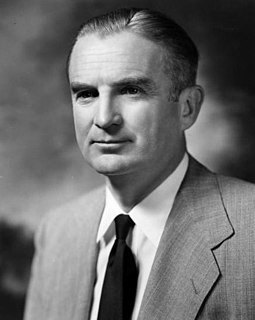A Quote by Nicholas D. Kristof
Let me be clear: I'm a believer in a robust military, which is essential for backing up diplomacy. But the implication is that we need a balanced tool chest of diplomatic and military tools alike. Instead, we have a billionaire military and a pauper diplomacy. The U.S. military now has more people in its marching bands than the State Department has in its foreign service - and that's preposterous.
Quote Topics
Related Quotes
In recent years the military has gradually been eased out of political life in Turkey. The military budget is now subject to much more parliamentary scrutiny than before. The National Security Council, through which the military used to exercise influence over the government is now a purely consultative body. But Turkish society still sees the military as the guarantor of law and order. The army is trusted, held in high regard - though not by dissident liberals. When things go wrong, people expect the military to intervene, as they've intervened over and over again in Turkish history.
Israel is a big provider of military technology to Brazil and this has caused a big breach in the two sides of the government. On the one hand, you have the diplomatic side. On the other side, Brazil's military has been quoted in the local press as being quite upset that this diplomatic standoff could affect the military relationship.
Senator McGovern is very sincere when he says that he will try to cut the military budget by 30%. And this is to drive a knife in the heart of Israel... Jews don't like big military budgets. But it is now an interest of the Jews to have a large and powerful military establishment in the United States... American Jews who care about the survival of the state of Israel have to say, no, we don't want to cut the military budget, it is important to keep that military budget big, so that we can defend Israel.
In truth the importance of U.K. airstrikes and the U.K.'s eight additional planes is more political than military. It is in honesty a micro military issue. There is no great military necessity for the U.K. to be involved since planes are queuing up from a wide range of countries over the skies of Syria.

































